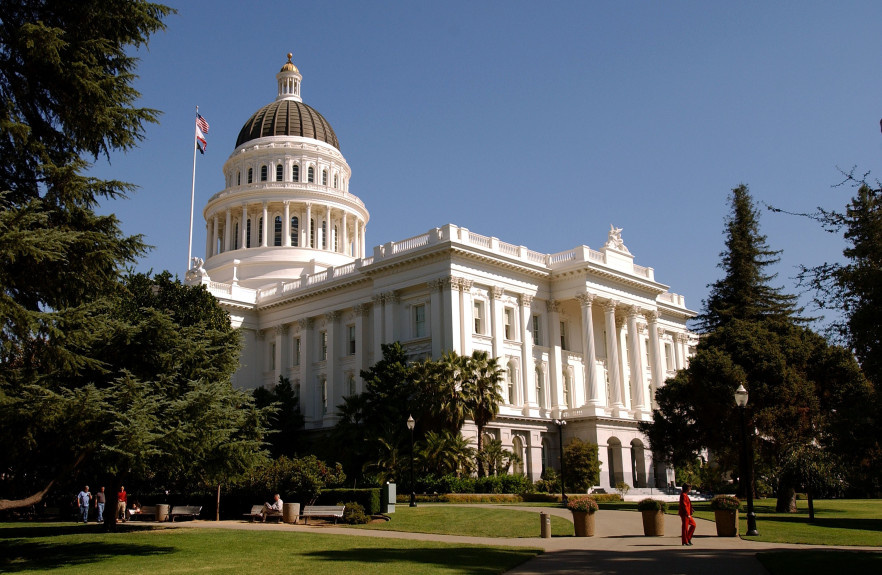
It’s good to help the poor. The problem is finding the right way to do it. That’s complicated because California just keeps getting more expensive, with median home prices in many areas of Southern California now stretching over $1 million.
AB 2589 is by Assemblyman Miguel Santiago, D-Los Angeles. It would give those making $30,000 or less of family income a one-time payment of $2,000. He said, “How we treat our lowest income families is a statement of our humanity.” We agree. But his approach is just more of the same. Government checks are no replacement for policies to reduce the cost of living and lower the barriers to economic mobility.
The proposal comes as the Legislature is starting to craft a budget for fiscal year 2022-23, which begins on July 1. Gov. Gavin Newsom’s Jan. 10 budget proposal estimated a general-fund “surplus” of $45.7 billion, but his May Revision number could be different. That number also must be kept in the context of the state government owing $208 billion for unfunded liabilities, according to Controller Betty Yee.
A big problem with the $2,000 credit is it’s a one-time grant expiring a year later, especially if a recession hits and future budget surpluses evaporate. There are better, long-term ways to help the poor.
Here are four:
• Sacramento can hurry up and join states like Connecticut and Maryland in suspending the gas tax. That would help ease the pain felt by commuters, especially lower-income workers, Sacramento continues to drag its feet in favor of solutions months down the line.
• Reform the California Environmental Quality Act. Doing so would cut housing construction costs, reducing rents as well. The Legislature routinely exempts billionaires’ sports stadiums from CEQA. Instead of just helping special interests, how about reforming CEQA so everyone, including low-income people, can benefit? Lower housing costs are essential to lifting people out of poverty.
• Reform occupational licensing laws that freeze the poor out of opportunities. A January Little Hoover Commission update found, “Many out-of-work Californians are looking for opportunities to transition to better, higher-paying jobs” because “one in five Californians must receive permission from the government to work.” An easy reform would be to give universal recognition to those licensed by other states and the military.
Related Articles
Stand with Elon: Larry Elder
Flexibility is key, not more mandates
End reefer madness of pot prohibition
Judge’s ruling striking travel mask mandate draws unjustified grousing
As COVID-19 recedes, Californians have new worries
• Here’s an out-of-the-box idea: Free the jitneys, liberalize transportation. Uber and Lyft have already broken taxi monopolies in many areas, but government has already forced those transportation services to become even more expensive. Writing in Catalyst, Scott Beyer reports “private buses are common outside the U.S … Uber has a bus line (Uber Bus) that it rolled out in Cairo and Monterrey — two cities that already have liberalized transport markets and a critical mass of patrons.” Such a reform could reduce transportation costs, especially for the poor, multiply routes from home to work and reduce smog by getting cars off the road.
Such comprehensive reforms are essential because, once a $2,000 grant is gone, the poor still will be poor. They need permanent reductions in the cost of living, especially during these inflationary times, and the freedom to advance in their chosen lines of work.
